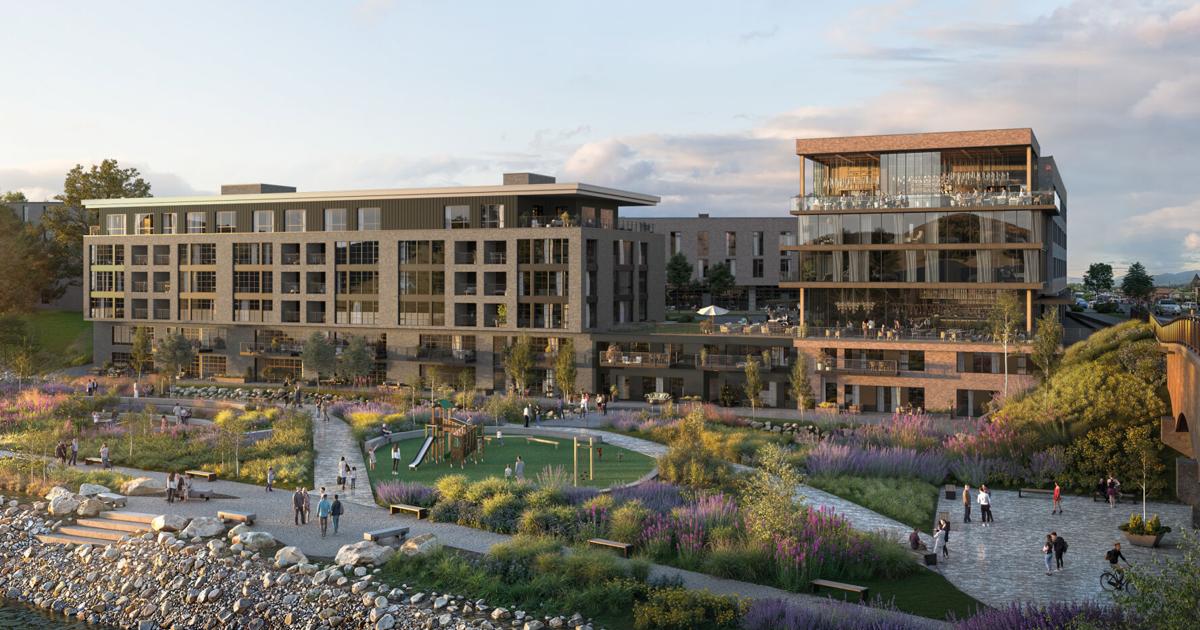Copyright The Mercury News

SAN JOSE — A local merchant who believes San Jose’s economic climate has soured has lost ownership of four properties in Japantown, noting his business prospects are murky. Jordan Trigg, who co-owns several Japantown businesses with his wife, Rina Trigg, has relinquished ownership of multiple parcels on the north side of East Taylor Street between North Fourth Street and North Fifth Street, according to Santa Clara County public records. Joe Jean, chief executive officer of J&J Acoustics, acted through an affiliate to gain control of the parcels at 165, 175, 181, and 193 East Taylor St., documents show. The Jean-headed affiliate bought the Jack’s Bar property at 165 East Taylor for $1.3 million and used a foreclosure proceeding to gain control of the other adjacent parcels, according to separate property transactions posted with the county. Separately, a Jean-headed entity foreclosed on a property loan that it had provided to Dipsomania, a company and affiliate that the Triggs control. These real estate transactions have left Jordan Trigg and his wife in limbo regarding their various businesses in Japantown. “We are still in a super-deep hole financially,” Trigg said. A GoFundMe campaign has been launched on behalf of the Triggs and their businesses. Jack’s Bar still operates on one of the parcels. The other sites on the block now owned by Jean’s affiliate are empty. “California has a horrible business climate, and San Jose is not business-friendly,” Trigg said. San Jose Mayor Matt Mahan said he believes the city can do more to bolster the endeavors of business and property owners in San Jose. “We should be doing everything we can to support business owners who put everything they have into making neighborhoods vibrant,” Mahan said. Trigg said he recently closed JTown Pizza and is uncertain about the prospects for the still-operating karaoke bar 7 Bamboo. “We were trying to adapt, but we had to walk away from those properties,” Trigg said. Trigg bought the parcels at 175, 181 and 193 in 2022 through an affiliate for $5.2 million. He had intended to revamp the block and upgrade the buildings, hoping to create an even more lively block in Japantown next to Jack’s Bar. Then he found out that the properties were deemed by city officials to be contributing historic resources, a designation that forced Trigg and his wife to follow complex city procedures to undertake even minor upgrades or repairs on the property. The additional historic regulations caused the costs for the revamp on the block to spiral higher. California disclosure laws for the sale of a property don’t oblige the seller to reveal to a buyer the contributing resource designation. Trigg and his wife were surprised to learn of the designation and only found out when they applied for permits to upgrade the properties, he said. “We don’t have deep pockets,” Trigg said. “We went way over budget.” Trigg said that even minor upgrades such as new windows became snarled in the city permit process due to the contributing historic resource rules. “California is already one of the most expensive places to operate,” Mahan said. “When you add layers of red tape locally, even well-intentioned rules can become death by a thousand cuts for entrepreneurs.” It’s possible the San Jose City Council might instruct the city manager to improve the municipality’s efforts. “I hope my colleagues will join me in directing the city manager to streamline historical review processes and lower the cost of compliance to better balance protecting historic buildings with ensuring we aren’t stifling the small businesses that keep our communities thriving,” Mahan said. The mayor’s call to action by the City Council was of little consolation to Trigg. Trigg pointed out that he and other business owners must still find ways to untangle San Jose’s red tape. “We’ve gotten no help from the city,” he said.



